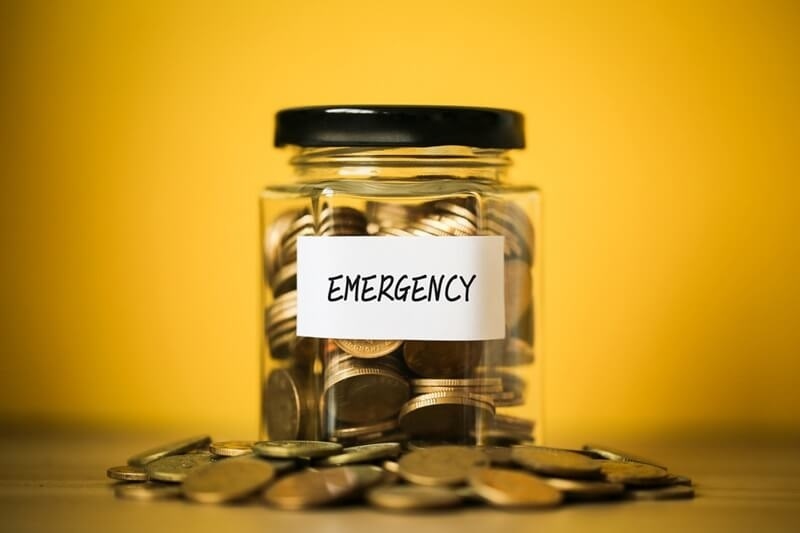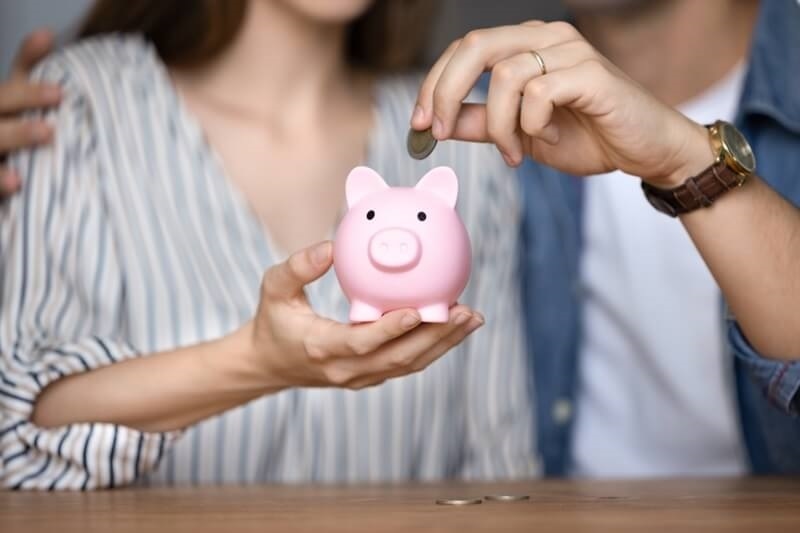
Sometimes life surprises us in ways that negatively affect our wallets. It could be a situation where your car stops working, you have to pay a sudden medical bill, or you get fired without any prior indication. At such times, if you have some money saved, it would indeed make a big difference. An emergency fund is exactly such a reserve of money — it is a financial lifeline when the unpredictable happens.
Initiating such a fund would bring you a ton of benefits, such as calmness, living stability, and the confidence that in case of sudden expenses, you will be able to pay without borrowing money. Let us analyze how to build an emergency fund, how much money is enough, and how to proceed with it.
It is a savings account whose money is only used to meet unforeseen expenses like fixing a car, urgent home maintenance, or health-related emergencies. It is not a fund for vacations, new electronic devices, or dining out. Its purpose is to save the owner from financial stress when something unfortunate happens.
It is like your personal security net. When life throws at you, this fund will save you from depending on credit cards or loans. The aim is to have money available that is liquid and kept in a separate high-yield savings account so that in case an urgent situation arises, you can use it straight away.

An emergency fund is a must-have whose absence can cause small financial problems to become a serious deterrent of your progress in life. The availability of money for unanticipated needs keeps one's finances stable during turbulent times in life.
Here are the reasons for its high value:
In short, it serves as a cushion between you and economic turmoil. It enables you to maintain control over your life regardless of the situation.
So, the question here is how much money one should put aside for emergencies? There is no exact answer to this question, as different situations require different emergency funds. However, most financial advisors concur that the amount saved should be enough to cover expenses for three to six months.
Calculating your goal:
If you have uncertain income or children to take care of, it is better to work toward the upper limit of that range. In addition, an emergency fund calculator can be a handy tool that makes this process easier by providing accurate numbers based on your income and spending habits.
Building an emergency fund involves small but consistent steps. The essential thing is to take the money out for savings automatically so it becomes habitual and part of your daily life.
Try to start saving the amount equivalent to what you can afford, even if it is only $25 or $50 per week. Later, you can organize an automatic transfer of your salary from the checking account to the savings account on the day of your paycheck. In this manner, the money that belongs to you is paid off first before you spend on other things.
In case you receive a tax refund, a bonus, or extra money from a side business, use the entire amount for your emergency savings account. View this money as a means to accelerate the process of bulking up your cushion.
An efficient emergency savings plan helps you to be consistent and keep your spirits up. Saving is not the only thing here - it is about constructing a lifestyle which eventually becomes your second nature.
Below is a straightforward plan that you can practice:
With a definite plan, the money stored up for a rainy day will grow fast.
The point of using it is equally as important as the point of saving it. There are a lot of expenses that are not counted as an emergency. The fund ought to be reserved for only these sorts of situations, which are completely unforeseen and unavoidable, like:
Do not ever think of using the fund for financing your trips, buying presents for others, or going to shopping sales. When you withdraw from it, it is very important for you to put it back as soon as possible. Use some of the next few paychecks or extra earnings to fill up your safety net again.
If you have gone through a situation where you needed to use your emergency fund, that’s totally okay — that’s what the money is there for. The main point is to get back to building it straight away.
As soon as you are able, get back to your normal contributions. In case you have a financial windfall or get a tax refund, consider using it to replenish what you have spent. Also, having a fresh look at your emergency saving plan can lead to accomplishing your goal faster.
Your fund should be like a revolving shield — always fully loaded and ready for the next unexpected incident.
An emergency savings account is not only a wallet's protector - it is a big contributor to one's inner peace and mental well-being. Economic issues are a major source of stress for the whole American population, or at least for a large part of it. The knowledge of having reserves, thus making oneself able to withstand a fall, gives a sense of security and control over the situation.
When an unforeseen expense comes, instead of panicking, you will be calm and confident. That feeling of serenity is indeed one of the biggest benefits of being financially prepared.
If you are not able to keep up with your efforts, do not hesitate to employ technology-based means that are available for your convenience. An emergency fund calculator or a budgeting app can track your savings and provide you with some deposit-making reminders. You can realize at any time how far you have gone towards your target, and you can also tweak your scheme if your revenue or outgoings have changed.
Besides that numerous banks facilitate saving by automatization, for example rounding up your purchases or setting aside small amounts from each of your paychecks. Those small steps can bring a huge change over a certain period of time.
In this volatile world, one of the smartest financial moves you can make is to have an emergency fund. It is an instrument that offers you control, confidence, and security at the time when you least expect it. It is the one that keeps you afloat, whether you have to deal with the medical bills, the car repairs, or the sudden job loss.
The moment the safety net is set, financial surprises will not frighten you anymore. You will be aware of being well-prepared for any situation — and that feeling of security is worth more than anything else.
This content was created by AI